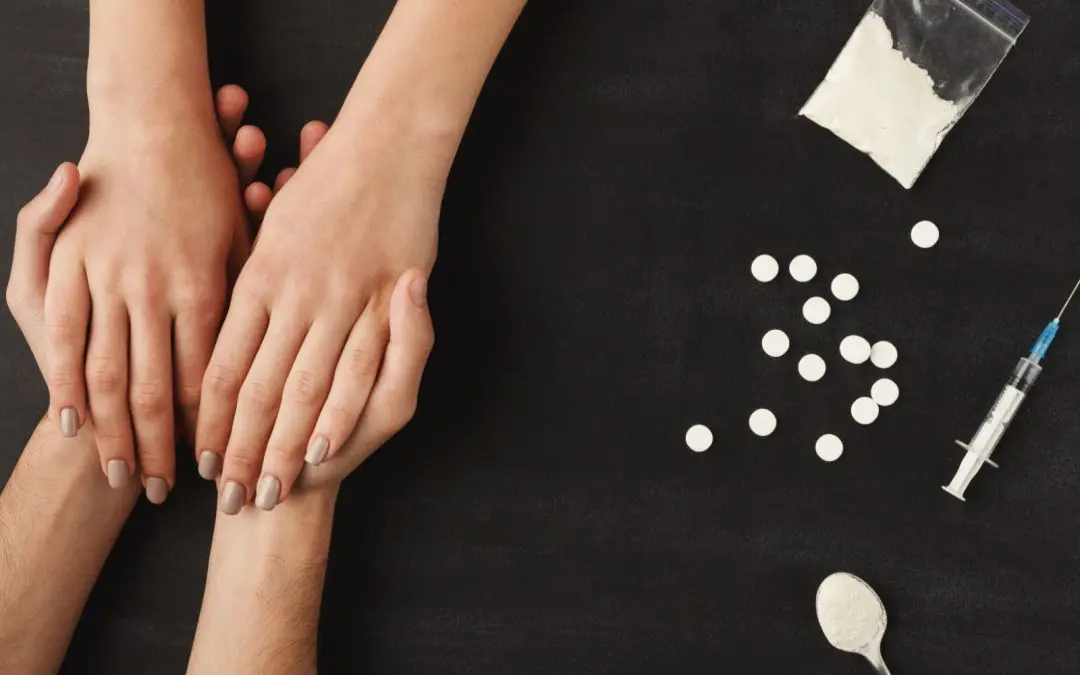24/7 Helpline:
(866) 899-221924/7 Helpline:
(866) 899-2219
Learn more about OCD Treatment centers in Hawaiian Gardens
OCD Treatment in Other Cities

Other Insurance Options

CareSource
Beacon

Horizon Healthcare Service

Sutter

Holman Group

UnitedHealth Group

Multiplan

Health Net

Access to Recovery (ATR) Voucher

Carleon

Ceridian

Meritain

Group Health Incorporated

Sliding scale payment assistance

Health Choice

Providence

American Behavioral

Lucent

Molina Healthcare

Medical Mutual of Ohio

Hawaiian Gardens Medical & Mental Health
Hawaiian Gardens Medical & Mental Health is a private rehab located in Hawaiian Gardens, CA. Hawaiia...











